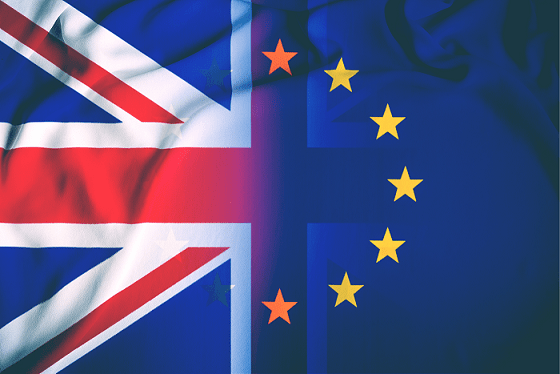The pound remained fairly stable against the euro for the first part of last week, hovering around €11.75. However, disappointment by the Bank of England (BoE) on Thursday pulled the pair sharply lower. On Friday afternoon the pound to euro exchange rate hit an 8 month low of €1.1046, before recovering slightly as the session ended.
The BoE decided to keep interest rates on hold at record lows of 0.25%, which was expected by analysts. However, the minutes from the monetary policy committee (MPC) meeting revealed a more cautious tone from 6 of the 8 policy makers. Added to this, the central bank cut economic growth forecasts for this year and next and also downgraded wage growth projection. Finally, BoE Governor, Mark Carney, sounded much more concerned over the effects that Brexit could have on the UK economy than he had in the previous month.
As a result of the trio of releases, expectations of an interest rate hike slipped lower which weighed on sterling heading into the weekend.
| Why do raised interest rates boost a currency’s value? |
|---|
| Interest rates are key to understanding exchange rate movements. Those who have large sums of money to invest want the highest return on their investments. Higher interest rate environments tend to offer higher yields. So, if the interest rate or at least the interest rate expectation of a country is relatively higher compared to another, then it attracts more foreign capital investment. Large corporations and investors need local currency to invest. More local currency used then boosts the demand of that currency, pushing the value higher. |
Given the light economic calendar in the week ahead, the pound could remain under pressure as investors have little else to direct trading. No highly influential UK data will be released until Thursday, when industrial production and manufacturing data will be published.
Of course, any fresh developments regarding Brexit could also impact heavily on the pound euro exchange rate.
Euro remains buoyant as confidence in the bloc increases
The euro enjoyed another steady weak last week, thanks to solid economic data and the unpopularity of its major rival, the US dollar.
Following another week of solid economic data investors are increasingly confident that the eurozone economy is recovering and that the outlook for the bloc has improved. Data showed that eurozone economic growth is projected to be 2.1%, whilst the purchasing managers indexes (pmi) also pointed to a strong start to the third quarter.
Last week was the first week of the month, which is busy for economic releases as data relating to the previous month comes out. The second week, this week, tends to be quieter as far as economic data is concerned therefore a calmer week could be on the cards. Economic data is important to currency traders because it provides an insight into the strength of the economy.
| Why does strong economic data boost a country’s currency? |
|---|
| Solid economic indicators point to a strong economy. Strong economies have strong currencies because institutions look to invest in countries where growth prospects are high. These institutions require local currency to invest in the country, thus increasing demand and pushing up the money’s worth. So, when a country or region has good economic news, the value of the currency tends to rise. |
That said, there are still a few key releases across the week which could influence the euro. The most important relate to Germany, the so-called power house of Europe. German industrial production to be released on Tuesday, and German inflation numbers on Friday are most likely to catch investors attention.
|
This article was initially published on TransferWise.com from the same author. The content at Currency Live is the sole opinion of the authors and in no way reflects the views of TransferWise Inc. |





